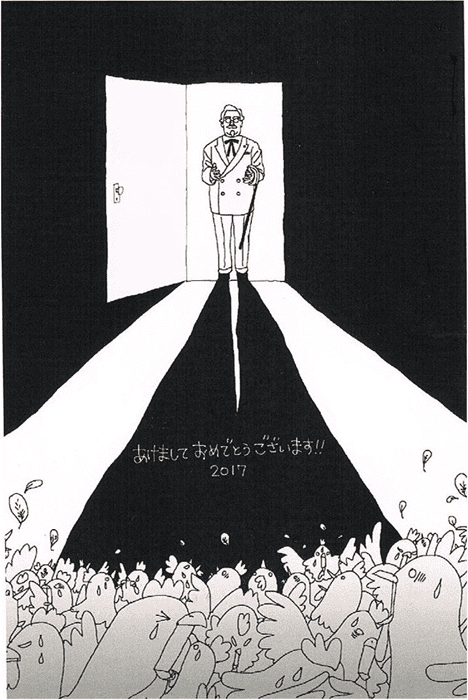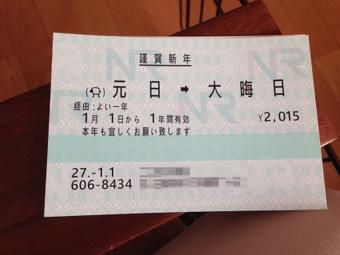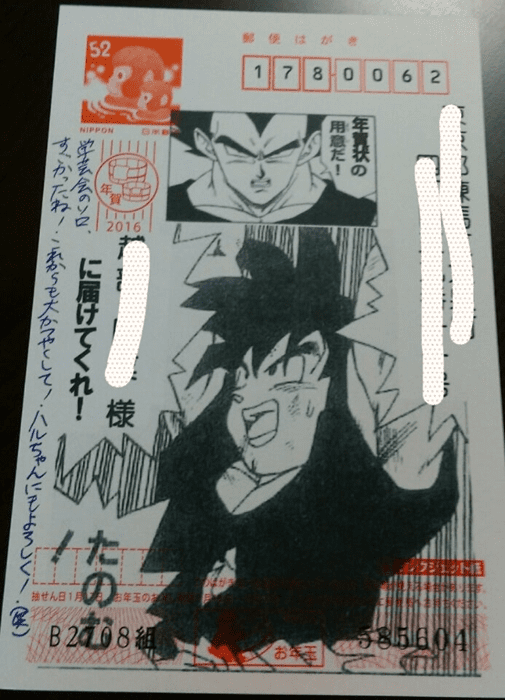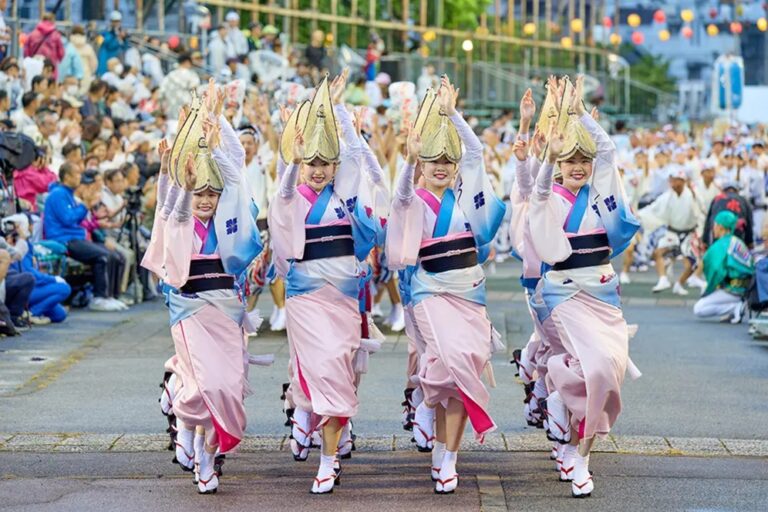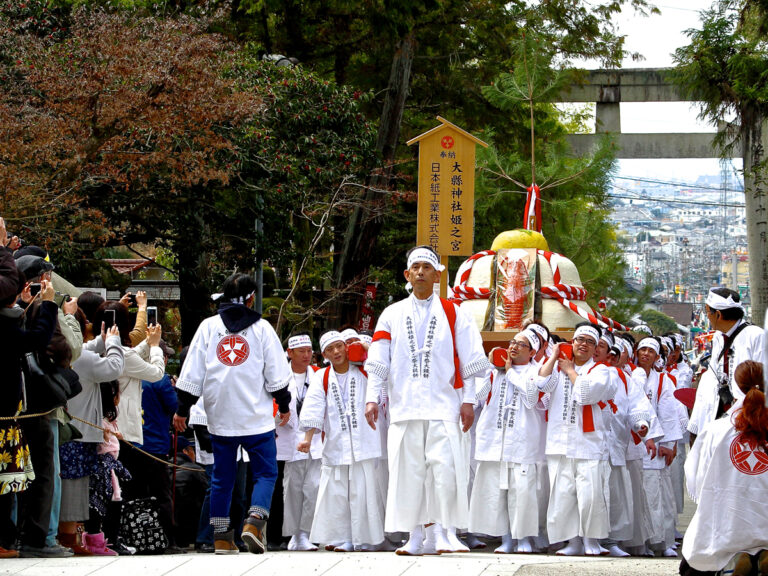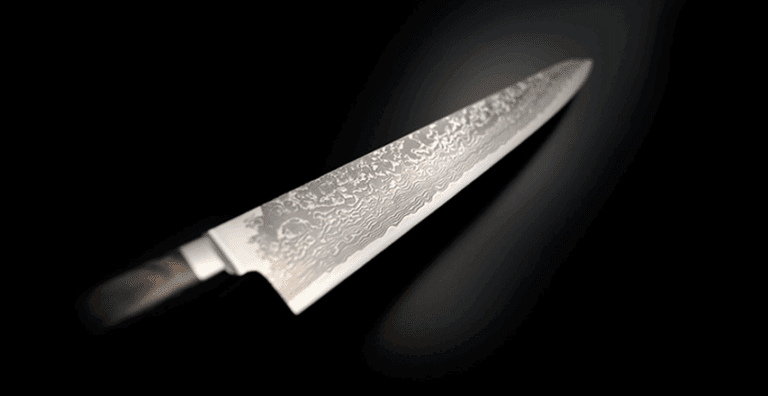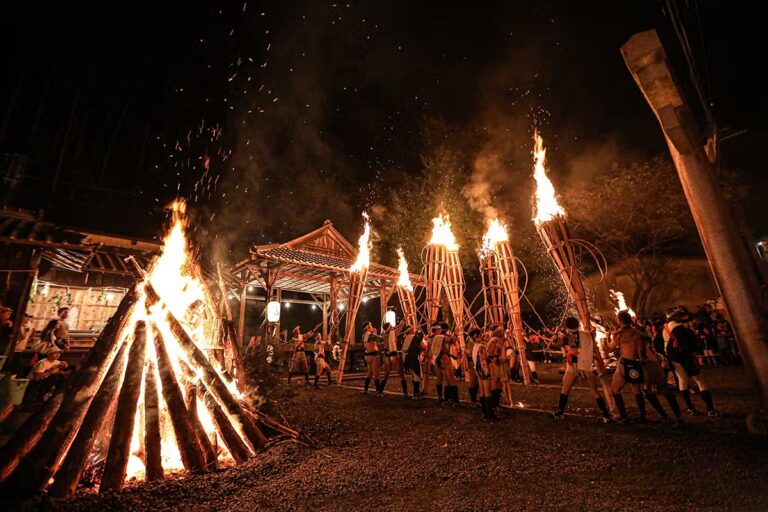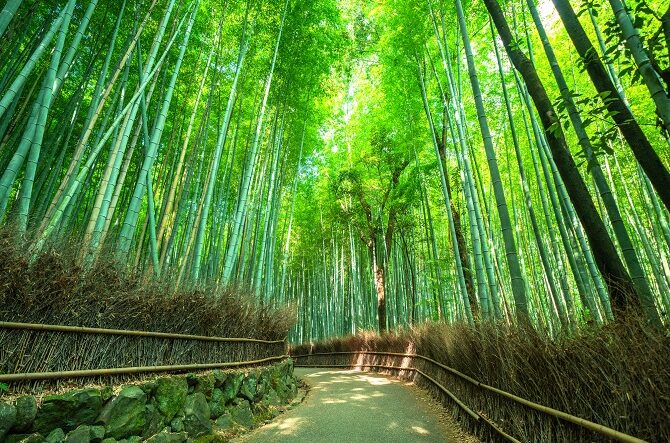The Spirit of Shiwasu ∣ December in Japan’s Events
In Japan, December is called Shiwasu (師走) — a word that means even monks are so busy they must run. True to its name, the month overflows with movement as people and cities prepare to welcome the new year. Illuminations brighten the winter streets, people rush to send gifts and cards, enjoy year-end parties, and finally welcome the quiet sound of temple bells on New Year’s Eve. Let’s take a look at how Japan spends its bustling yet heartwarming December.
Modern Events Lighting Up the Winter Season
Christmas and Illuminations
In Japan, Christmas has taken root not as a religious holiday but as a major winter event. It is often celebrated as a romantic day for couples or a cheerful time with family. Cities are filled with brilliant illuminations, and restaurants and hotels are fully booked on Christmas Eve.
Events such as the Marunouchi Illumination in Tokyo and Kobe Luminarie attract both locals and tourists as symbols of the season.
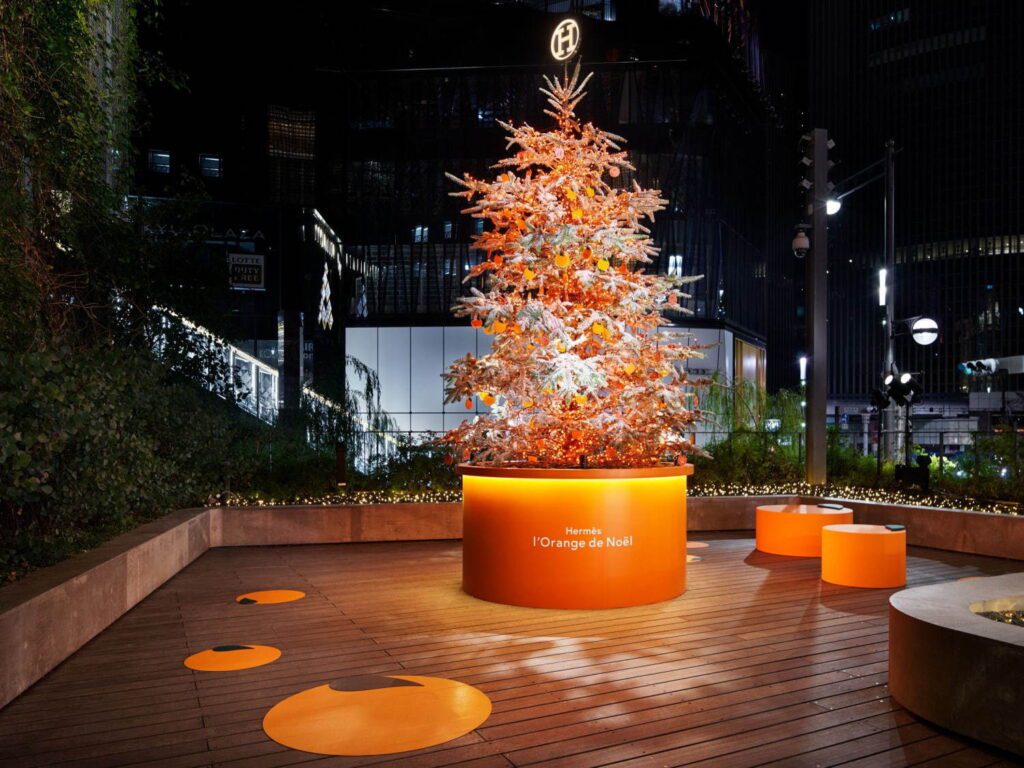
Bonenkai — Year-End Parties
December is the season for Bonenkai, gatherings held among coworkers or friends to celebrate the end of the year. Izakaya bars are packed every night, and many parties continue to karaoke or second gatherings afterward. For visitors from abroad, this is the perfect time to experience Japan’s unique drinking culture at its liveliest.
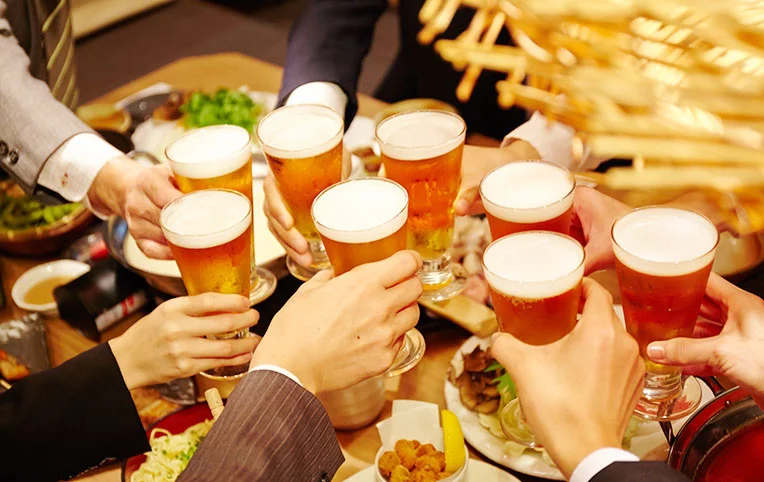
Preparations and Customs Before the New Year
Oseibo — The Gift of Gratitude
From early to mid-December, people send Oseibo gifts to those who have helped them throughout the year. This long-standing custom expresses appreciation and maintains good relationships. Today, department stores and online services make it easy to send regional specialties from all over Japan.
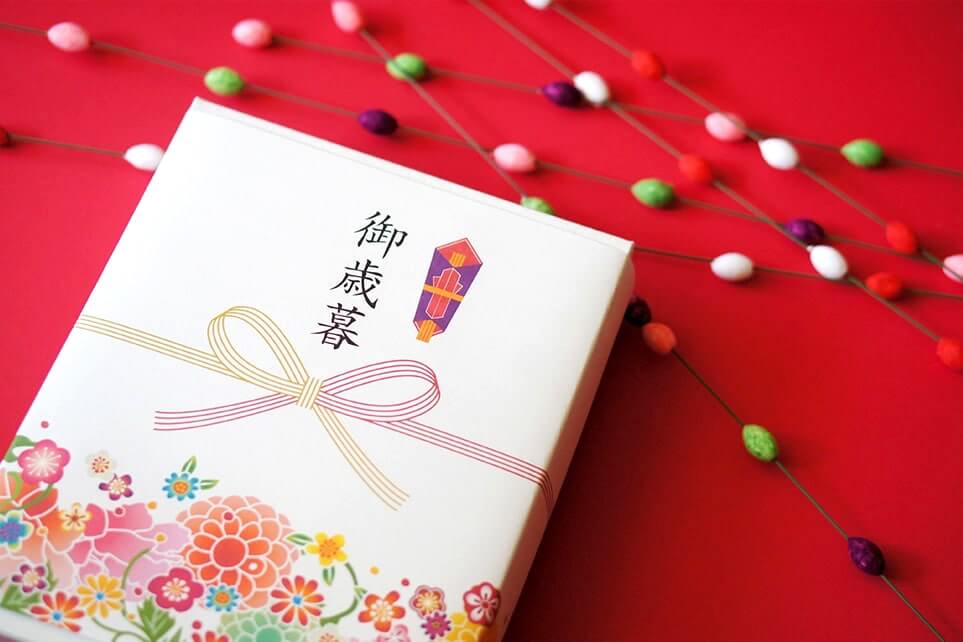
Nengajo — New Year’s Greeting Cards
Another essential custom is preparing Nengajo, New Year’s greeting cards that are delivered on January 1. They are typically mailed by December 25 to arrive on time. Even in the digital age, handwritten cards remain a warm and personal part of Japanese culture. For overseas readers, they could be compared to Christmas cards, but with a distinctly Japanese spirit.
Susuharai and Shogatsu Hajime
December 13 marks Shogatsu Hajime, the official start of New Year preparations. From this day, families begin decorating with pine and mochi ornaments. Many temples, shrines, and households also perform Susuharai, a traditional year-end cleaning meant to purify the space and welcome the gods into a clean home.
The Solstice and New Year’s Eve — Feeling the Rhythm of the Calendar
Toji — The Winter Solstice
The Winter Solstice, the shortest day of the year, is celebrated with special customs in Japan. People take yuzu baths and eat kabocha (pumpkin). Yuzu is believed to ward off evil, while pumpkin represents health and longevity. These practices embody Japan’s harmony with nature’s cycles.
New Year’s Eve and Joya no Kane
On December 31, families eat Toshikoshi soba (year-crossing noodles) to wish for long life and good fortune. Temples ring Joya no Kane, the 108 bell chimes said to cleanse human sins and desires. Many families spend the evening together watching the famous TV program Kohaku Uta Gassen (Red and White Song Battle) — a peaceful and uniquely Japanese way to close the year.
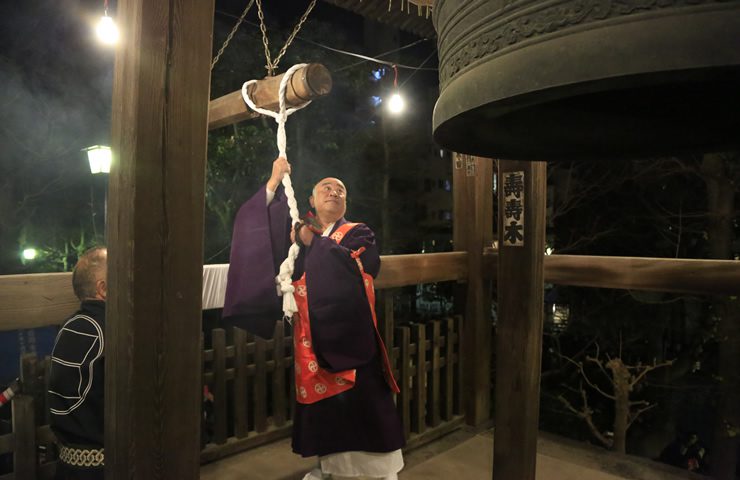
Christmas Markets Coloring the Winter Nights
From mid to late December, Christmas markets are held across Japan. Originating from German traditions, they have been adapted into Japanese-style festivals where visitors can enjoy hot wine, Stollen cake, and handmade crafts. The markets at Hibiya Park and Yokohama Red Brick Warehouse are especially popular.
Running Through Shiwasu
Sending gifts, cleaning homes, celebrating with laughter, and ending the year with the sound of temple bells — Japan’s December is full of rituals that blend gratitude and renewal. In the rush of the season, there remains a calm rhythm of reflection, connecting the end of one year to the hope of the next.
Major Events in December 2025
- December 7 (Sun) Oseibo Season Begins
- December 13 (Sat) Shogatsu Hajime / Susuharai
- December 21 (Sun) Toji (Winter Solstice)
- December 24 (Wed)–25 (Thu) Christmas / Illuminations
- Throughout December Bonenkai (Year-End Parties)
- December 31 (Wed) Omisoka (New Year’s Eve)・Joya no Kane

Editor and writer from Japan. Not the best at English, but I share real stories with heart and honesty — aiming to connect cultures and ideas that matter.


